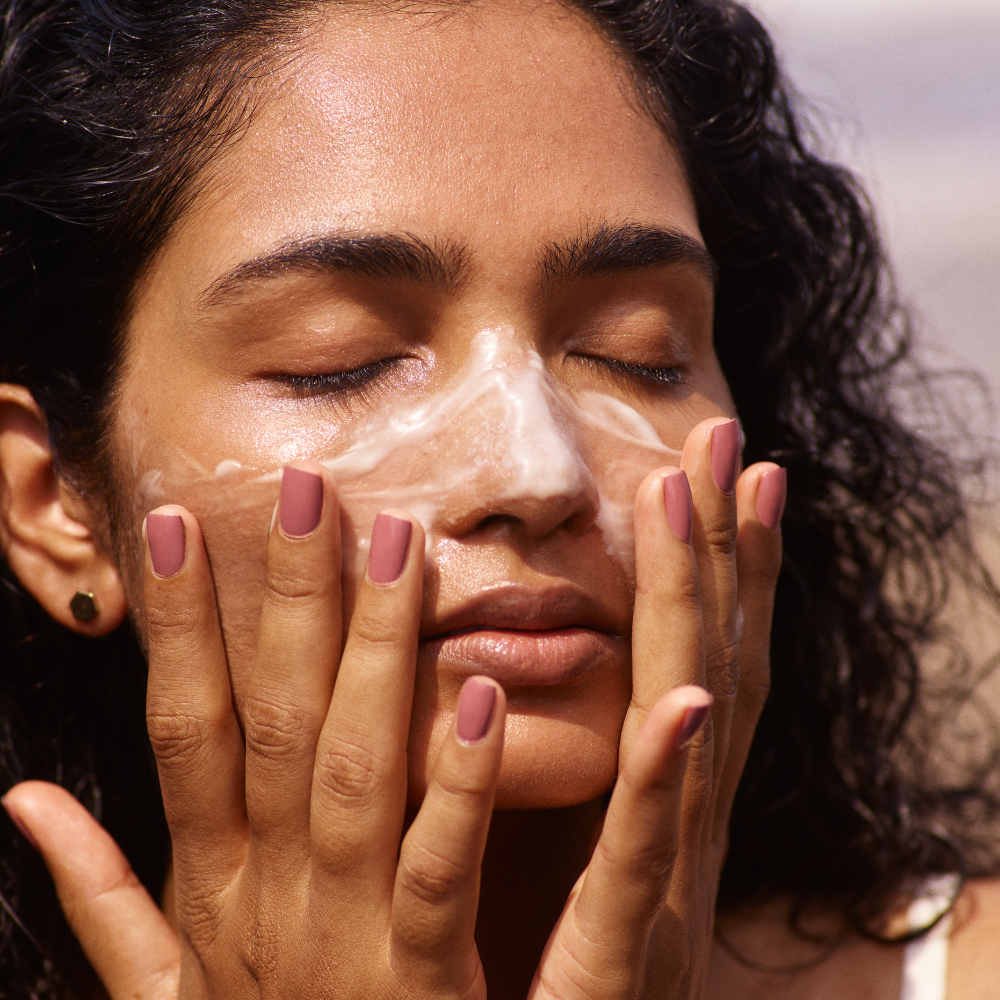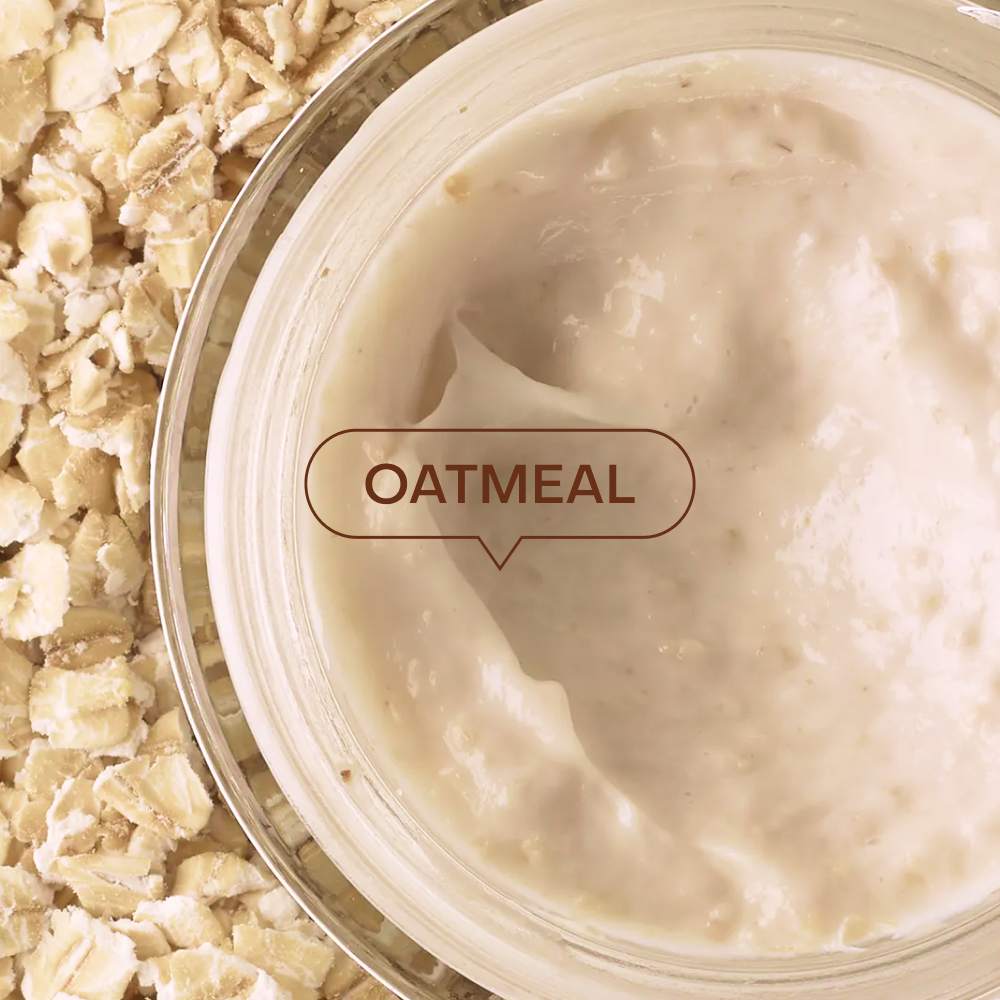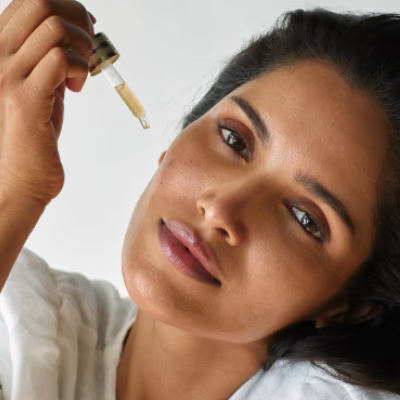
The world of skincare is already oversaturated with new ingredients popping up almost every other day with promises of being the next big thing for healthy skin. However, few actives can lay claim to the same clinical credibility as bakuchiol, an active that has a string of research-backed benefits. Here’s why celebrity dermatologist Dr Harshna Bijlani believes that it could be the next big thing for your skincare routine.
What is bakuchiol?
Pronounced buh-koo-chee-all, this exotic sounding botanical has its roots in the sub-continent. Derived from the bakuchi plant (also called babchi), it is a vegan skincare ingredient that has anti-inflammatory, anti-bacterial and antioxidant properties and has been found in both Chinese and Indian traditional medicine for years. The bakuchiol in over-the-counter skincare products is extracted as an oil from the seeds and leaves of the bakuchi, or Psoralea Corylifolia, plant that grows wildly around India and Sri Lanka.

What are the benefits of bakuchiol?
Research has confirmed that bakuchiol has a myriad of anti-ageing benefits for the skin, including restoring firmness, refining the texture of skin and evening skin tone by reducing the appearance of fine lines and wrinkles. It also works as a soothing agent, making it an excellent choice for those with sensitive skin.
In recent times, this chemical has emerged as a popular natural alternative to retinol. Retinol, while bursting with anti-ageing benefits, also leads to irritation and dehydration of the skin. Bakuchiol offers the same treatment for fine lines, wrinkles and skin elasticity as retinol without the harsh side effects. As a plant-derived compound, it is gentle on the skin, making it suitable for all skin types. Studies have reported the same efficacy between the two actives for boosting skin elasticity while those using bakuchiol instead of retinol reported significantly lower levels of skin irritation. This property also makes bakuchiol an excellent candidate for reversing signs of ageing in the more delicate areas such as the skin under the eyes.
What are some signs that the skin needs bakuchiol?
Bakuchiol can be used to both prevent and reduce the occurrence of fine lines and wrinkles, dull skin or uneven skin tone. It can be a game-changer to the skin routines of those who have been recommended by their dermatologists to avoid retinol because of the sensitive nature of their skin. The British Journal of Dermatology concluded that twelve weeks of consistent use of bakuchiol for skin can offer a significant improvement in premature signs of ageing and in increasing the firmness of skin. Bakuchiol’s benefits include its ability to penetrate deep within the skin while also aiding in reducing dark spots and discolouration.
What’s the best way to adopt bakuchiol into your routine?
The ideal way to use bakuchiol is to apply it topically as part of a serum or lotion that contains bakuchiol extract. Wash your face and neck before applying bakuchiol products for best results. Since skincare products should always be applied in the order of thinnest to thickest, a lightweight bakuchiol serum can take precedence over a bakuchiol moisturiser in your routine. When used in the morning, it should be layered with broad-spectrum sunscreen with an SPF of 30 or higher.
Bakuchiol side effects: who should avoid it?
While bakuchiol is a kinder alternative to retinol, the risk of sensitivity, which includes redness, dryness or stinging of the skin, cannot be ruled out, especially when first adopting this active into your routine. This means that until your skin becomes accustomed to bakuchiol, you may notice some irritation.
To mitigate this risk, you must introduce it to your skincare routine in a phased manner – starting with a low concentration and amping up its use slowly and only if required. Start by applying it twice or thrice during the first week and, if your skin responds well to it, increase the frequency as needed.
Pregnant women are advised against the use of topical retinoids. Without sufficient clinical trials, bakuchiol is yet to be ruled as a safe alternative to retinoids for pregnant or nursing women. Pregnant or nursing consumers should consult their doctors before adding this active, or any other active, to their skincare routine.
Cover Image : Instagram/@isha.sutaria
























